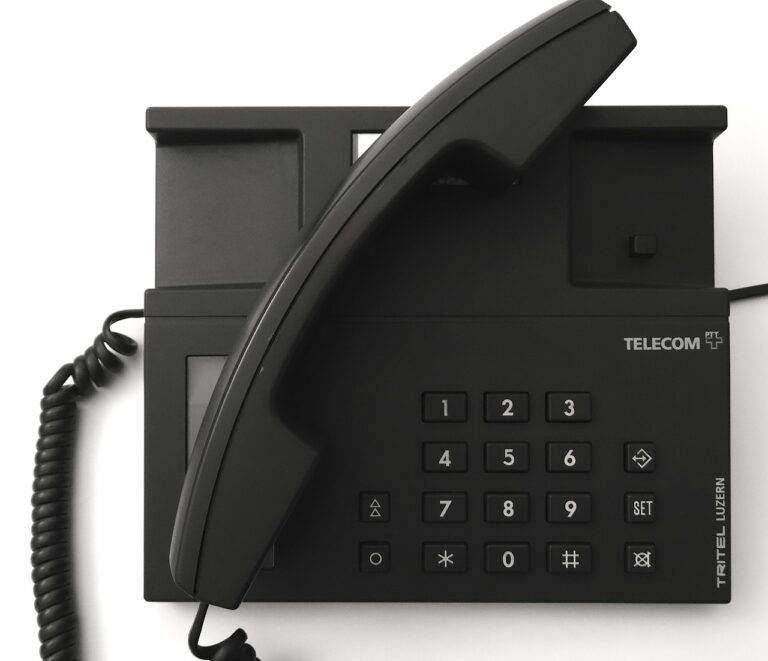Leveraging Augmented Reality for Enhanced Retail Experiences
Augmented Reality (AR) is a cutting-edge technology that superimposes digital information onto the real world environment, providing users with an enhanced and interactive experience. By utilizing AR, virtual elements are integrated seamlessly into the physical world through the use of specialized devices such as smartphones, tablets, or AR glasses. This technology has gained widespread popularity across various industries, revolutionizing the way people interact with digital content.
AR works by using sensors and algorithms to detect the user’s environment and overlay digital content in real-time. This allows for a more immersive and engaging experience, blurring the lines between the physical and digital realms. With the ability to enhance visualizations, provide contextual information, and create interactive experiences, AR has paved the way for innovative applications in fields such as gaming, education, healthcare, and marketing. As AR continues to evolve and improve, its potential to transform the way we perceive and interact with the world around us is truly remarkable.
Benefits of Augmented Reality in Retail
Augmented Reality in retail offers an immersive shopping experience that bridges the gap between online and in-store shopping. By enabling customers to visualize products in their own space, AR enhances their purchasing confidence and reduces the likelihood of returns. This technology also allows retailers to showcase their products in a dynamic and interactive way, creating a memorable and engaging customer experience.
Moreover, Augmented Reality in retail provides a unique opportunity for retailers to gather valuable insights into customer behavior and preferences. By tracking how customers interact with AR features, retailers can tailor their marketing strategies and product offerings to better meet the needs and desires of their target audience. This personalized approach not only enhances customer satisfaction but also drives sales and fosters customer loyalty.
Enhancing Customer Engagement with AR
Augmented Reality has revolutionized the way retailers engage with their customers, offering a unique and interactive experience like never before. By implementing AR technology, businesses can create immersive virtual environments that allow customers to visualize products in real-time, leading to higher engagement and satisfaction. This technology enables customers to try on clothing, visualize furniture in their homes, or even test out makeup virtually, enhancing the shopping experience and driving sales.
One of the key benefits of utilizing AR in retail is its ability to bridge the gap between the digital and physical worlds. By incorporating AR into their marketing strategies, retailers can create innovative and personalized experiences that capture the attention of tech-savvy consumers. This not only increases customer engagement but also fosters brand loyalty as customers are more likely to remember and return to businesses that offer such interactive and memorable experiences.
• AR technology allows customers to visualize products in real-time
• Customers can try on clothing, visualize furniture in their homes, or test out makeup virtually
• Enhances the shopping experience and drives sales
• Bridges the gap between digital and physical worlds in retail
• Creates innovative and personalized experiences for tech-savvy consumers
• Increases customer engagement and fosters brand loyalty
What is augmented reality?
Augmented reality is a technology that superimposes digital information, such as images, videos, or 3D models, onto the real world through a device’s camera or display.
How can augmented reality benefit the retail industry?
Augmented reality can enhance the shopping experience for customers by allowing them to visualize products in their own space, try out virtual try-on features, and interact with products in a more engaging way.
How can augmented reality enhance customer engagement?
By offering interactive and immersive experiences, augmented reality can capture customers’ attention and keep them engaged with a brand or product for longer periods of time, ultimately leading to increased sales and brand loyalty.







